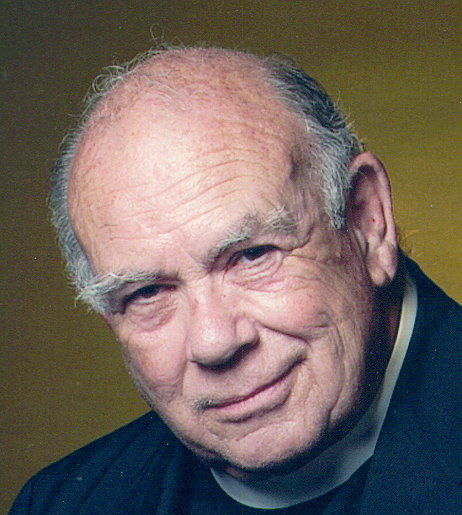 A family legend has it that my first word was not “Mama” or “Daddy”; it was “Why?” A friend recently suggested that I soon added “Oh really? Who says?”
A family legend has it that my first word was not “Mama” or “Daddy”; it was “Why?” A friend recently suggested that I soon added “Oh really? Who says?”I was blessed or cursed, depending on your point of view, with a perpetually hungry mind and a family that encouraged my search for intellectual nourishment. This combination created a chronic condition that is difficult to live with but impossible to live without.
“A mind is a terrible thing to waste.” Mind wasting is an affliction caused by intellectual malnutrition and lack of proper mental exercise. It is sad and disturbing that so many people don’t want to, don’t know how to, are not allowed to, get the right kind of mental nourishment or exercise.
Some months ago a reader wrote the editor of this newspaper that my use of a particular word sent him to the dictionary. He did not say, as some do, “This guy uses too many big words.” The readers who occasionally write something like “You make us think” offer the highest possible praise.
I don’t write to persuade or convince readers, rather to share ideas and stimulate thinking, both yours and mine.
Years ago I enrolled in a university course in Logic taught by a Jewish, agnostic, former Marine Corp drill instructor, University of Chicago Ph.D. I was a 20-something Fundamentalist preacher who found the professor’s ideas radically antithetical to what I believed. I challenged him. Simply by asking questions, bit-by-bit he chopped me into little pieces. It was embarrassing and painful, but I was compelled to confront the difference between what to think and how to think. Fundamentalist peers said it ruined me. It certainly changed my life.
The phrase “How my mind has changed” does not refer to a change in what I believe, rather a change in how I arrive at my beliefs. Not a change of opinion, but a change in the thinking process. Not knowing how to think is intellectually crippling, spiritually deadly, life-limiting.
And endemic.
Seventeenth century philosopher René Descartes wrote, “I think, therefore I am.” Let’s paraphrase that famous statement to read “I think, therefore I believe.” Normal people (whatever that is) are born with the capacity to think and therefore to believe. Thinking compels believing. But every belief begins with someone else’s’ influence on us. There is really no such thing as a totally independent thinker.
Individuals are Christian or Buddhist, Episcopalian or Jehovah’s Witness, liberal or conservative, orthodox or heterodox, not because they come up with those ideas by themselves out of the blue. Family influence, emotions, and personal attachments play a powerful role in forming what we believe.
A cartoon of a small boy talking to his father about a new kid on the block shows the downcast child saying, “Just when I began to like him I found out he’s a Catholic.” For Catholic one can substitute Muslim, Mexican, Democrat, evolutionist, homosexual, whatever. Belief planting by other people is operative throughout life. To avoid the crippling consequences and gain control over your own thinking requires learning how to change your mind.
That’s why letters-to-the-editor that slam the writer are welcome by most, they are really a compliment. They tell me that someone out there was hit by the journalistic rock I had thrown with sufficient force to cause them to at least think about what I’ve written. Sadly, their letters often provide classic examples of non-thinking by someone who doesn’t know they aren’t thinking.
Asking “Why?”, “Oh really?”, and “Who says?” will often, should often, lead to answers that compel us to believe differently today than we did yesterday. That can be unsettling; it’s a lot more comfortable to just not ask those questions.
No matter what ones’ opinions are, thinking something is true does not make it so; discovering truth is the goal of thinking.
To really think is dangerous and often painful. To not think is more dangerous and painful. That’s probably why there is so little real thinking taking place among us.
Jack Wilson is an Episcopal priest and psychologist





